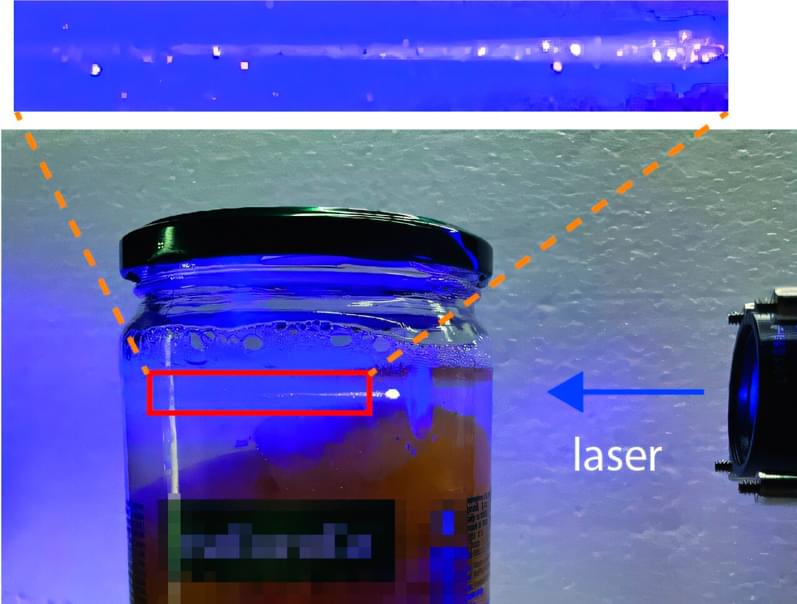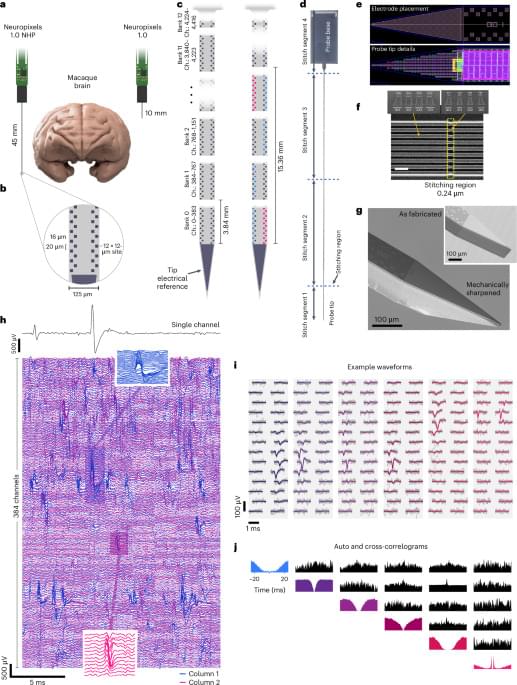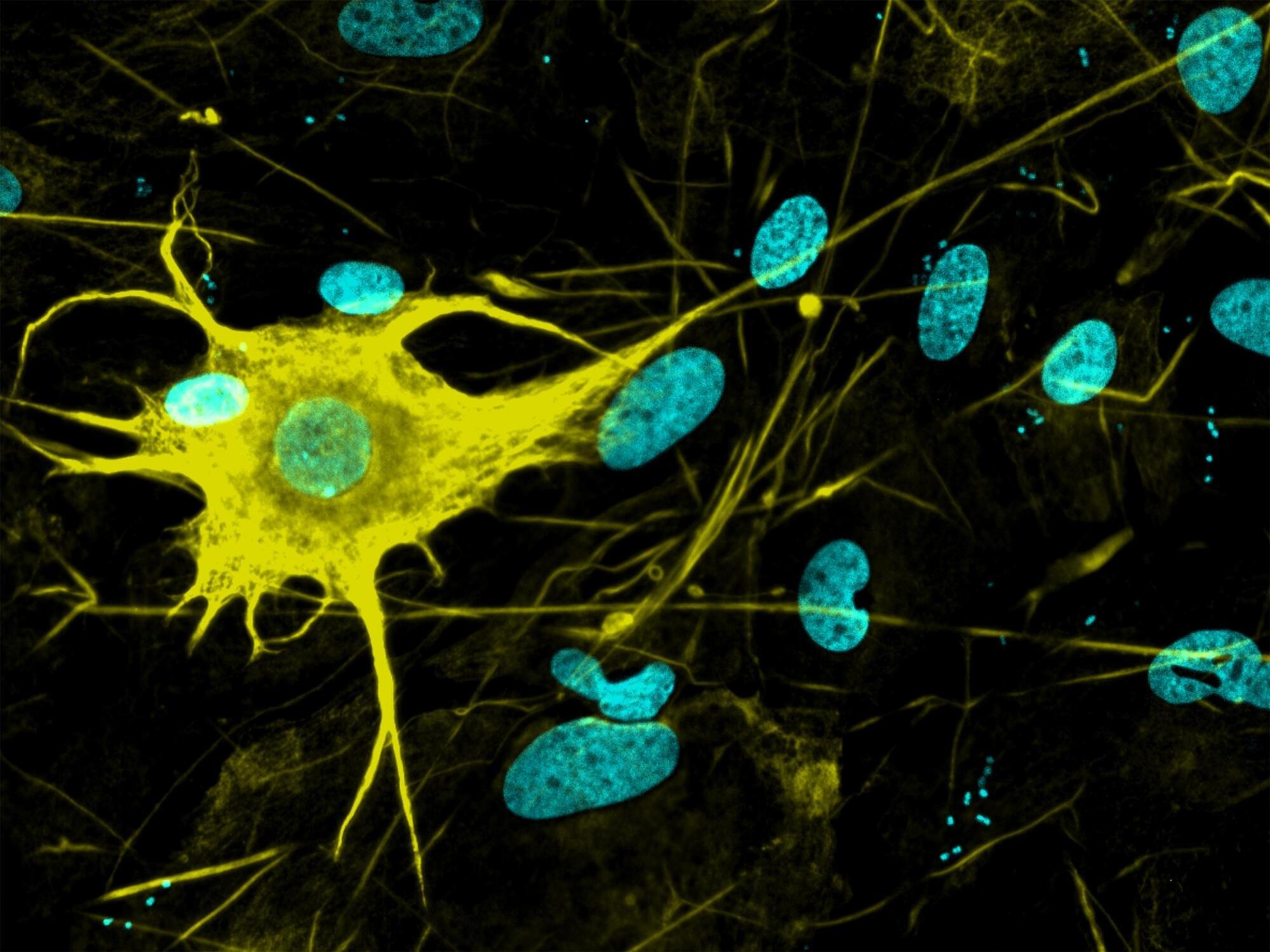This AI system can analyze up to one million DNA letters at once, predicting how tiny changes in noncoding regions trigger everything from cancer to rare genetic disorders—and potentially revolutionizing personalized medicine



IN A NUTSHELL 🌟 Rice University researchers developed a groundbreaking glass coating that reflects heat and reduces energy costs. 🔬 The coating is made from a tough layer of boron nitride and carbon, offering resistance to UV light and temperature swings. 💡 This innovation uses pulsed laser deposition at room temperature, making it cost-effective and.

Scientists have reimagined the meaning of a “light meal,” creating microlasers that use natural products to emit illuminated beams through food. And they’re completely edible. These mini lights, the first demonstration of laser emission from an entirely edible system, could be harnessed for everything from environmental sensors to food safety trackers and bio-barcodes.
Scientists from Slovenia’s Jožef Stefan Institute have successfully created “edible microlasers,” which are exactly what they sound like – tiny optical devices, smaller than a grain of sand, that emit a beam of coherent light like normal lasers. And they’re made out of biocompatible and digestible materials like gelatin, sugar and dyes, including additives already approved by the Food and Drug Administration (FDA), meaning they’re perfectly safe to ingest.
Why, you may ask? Because they’re tiny and safe to eat, with fluorescent compounds such as chlorophyll (from olive oil) and riboflavin (vitamin B2), they could be widely applicable for use in food safety to track supply chain data, detect temperature changes and spoilage, prevent counterfeit goods or even act as QR or bar codes.



Matthew Berman
Elon Musk is hinting at revolutionary advancements in AI-generated content, potentially disrupting the gaming industry, with teasers about upcoming Tesla demos and the integration of XAI’s capabilities ## ## Questions to inspire discussion.
Tesla’s Competitive Advantage.
🚗 Q: How does Tesla maintain its lead in autonomous driving? A: Tesla leverages its “data flywheel” built by deploying millions of vehicles to collect real-world data, making it nearly impossible for competitors to replicate.
🤖 Q: What unique combination gives Tesla an edge in AGI development? A: Tesla’s real-world data stream combined with xAI’s language model, voice, video, and image generation capabilities provide the complete recipe for AGI.
Investment Opportunities.
💼 Q: Why do institutional investors undervalue Tesla’s autonomy lead? A: Institutional investors often view Tesla as just a car company, overlooking its unassailable autonomy advantage, while xAI is seen as a pure AI company.
Tesla’s Giga Nevada factory is making significant progress in the production of its Semi trucks and batteries, and is expected to play a major role in the company’s future growth and dominance in the electric vehicle market ## ## Questions to inspire discussion.
Semi-Truck Production.
🚛 Q: What progress is Tesla making on semi-truck trailers at Giga Nevada? A: Tesla is using double drop trailers to haul oversized loads of large machinery, which is a critical step in the factory’s development for semi-truck production.
🔋 Q: How does the LFP battery production at Giga Nevada relate to semi-truck goals? A: The LFP factory is designed to produce 10 gigawatts of stationary batteries annually, which is insufficient for Tesla’s goal of producing 50,000 semi-trucks.
Battery Production.
⚡ Q: What is the current status of battery production at Giga Nevada? A: Battery production is almost ready to begin, with the LFP factory set up to manufacture stationary batteries.
